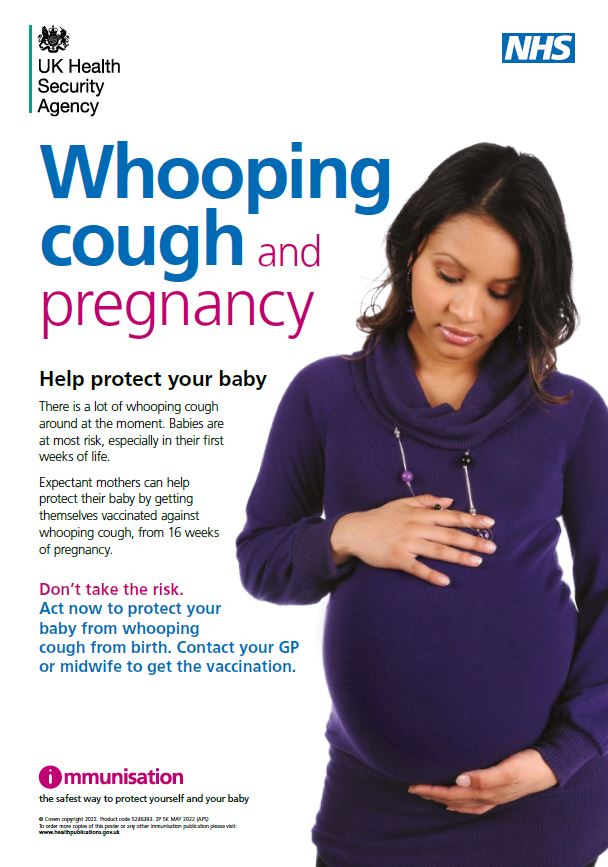Vaccination Schedule
Here is a checklist of the vaccines that are routinely offered to everyone in the UK, and the age at which you should ideally have them.
2 months
- 6-in-1 (DTaP/IPV/Hib, Hep B) vaccine – this single jab contains vaccines to protect against five separate diseases: diphtheria, tetanus, pertussis (whooping cough), polio and Haemophilus influenzae type b (Hib, a bacterial infection that can cause severe pneumonia or Meningitis in young children)
- Pneumococcal (PCV) vaccine
- Rotavirus
- Meningitis B
3 months
- 6-in-1 (DTaP/IPV/Hib, Hep B) vaccine, second dose
- Rotavirus
4 months
- 6-in-1 (DTaP/IPV/Hib, Hep B) vaccine, third dose
- Pneumococcal (PCV) vaccine, second dose
- Meningitis B Vaccine
Between 12 and 13 months
- Hib/Men C booster, given as a single jab containing Meningitis C (third dose) and Hib (fourth dose)
- Measles, mumps and rubella (MMR) vaccine, given as a single jab
- Pneumococcal (PCV) vaccine, third dose
- Meningitis B booster
3 years and 4 months, or soon after
- Measles, mumps and rubella (MMR) vaccine, second dose
- 4-in-1 (DTaP/IPV) pre-school booster, given as a single jab containing vaccines against diphtheria, tetanus, whooping cough (pertussis) and polio
Around 12-13 years
- HPV vaccine, which protects against cervical cancer (girls only) – three jabs given within six months
Around 13-18 years
- 3-in-1 (Td/IPV) teenage booster, given as a single jab which contains vaccines against diphtheria, tetanus and polio
- Meningitis ACWY
65 and over
- Flu (every year)
- Pneumococcal (PPV) vaccine
Over 70
- Shingles vaccination
Vaccines for special groups
There are some vaccines that aren't routinely available to everyone on the NHS but which are available for people who fall into certain risk groups, such as pregnant women, people with long term health conditions and healthcare workers.
These extra vaccines include hepatitis B vaccination, TB vaccination and chickenpox vaccination.
Page last reviewed: 30 August 2022
Page created: 30 August 2022
Page created: 30 August 2022
